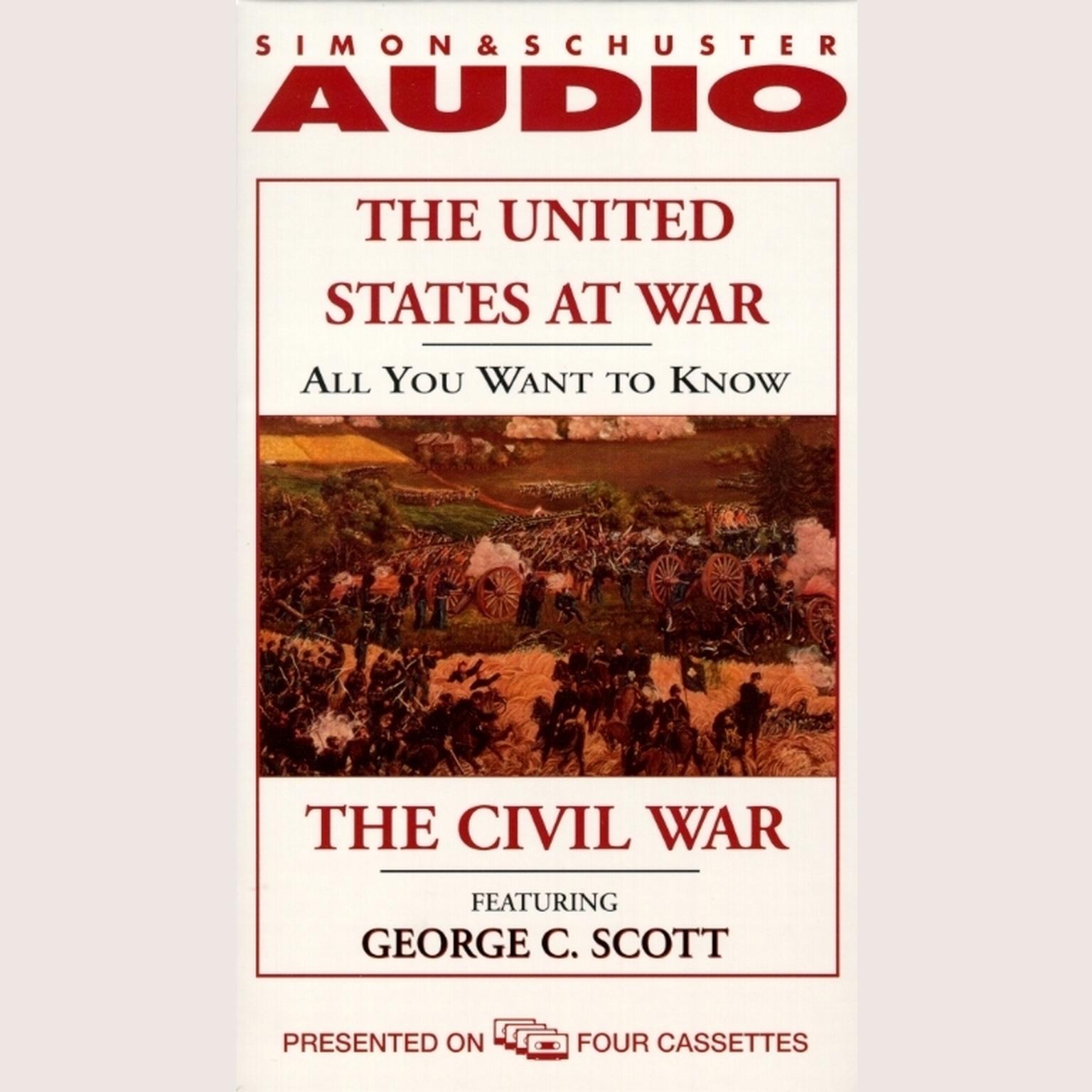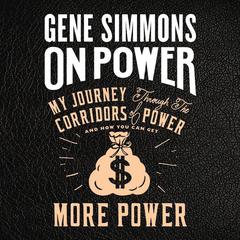 Play Audiobook Sample
Play Audiobook Sample
All You Want to Know About the United States at War (Abridged): The Civil War Audiobook
 Play Audiobook Sample
Play Audiobook Sample
Quick Stats About this Audiobook
Total Audiobook Chapters:
Longest Chapter Length:
Shortest Chapter Length:
Average Chapter Length:
Audiobooks by this Author:
Publisher Description
From April 1861 to April 1865, America was caught in the convulsions of war—the Civil War. No historical event, short of the American Revolution itself, has so deeply affected the United States.
The Civil War is often called the war between the states by Southern historians. Thus, even terminology illustrates the political question underpinning the war: was the United States one nation, indivisible under God, or were the United States a group of sovereign states who could choose to disassociate? If America was a union rather than a confederacy of states, then the powerful North could abolish slavery and impose tariffs on the slave-holding, agricultural South. If America was a confederacy, then Southern states could preserve their institutions by peacefully withdrawing from the union.
Eleven states chose to withdraw and become the Confederate States of America. But peace lasted only briefly; after four years of bloody war, these states would be conquered territory.
What provoked this bloodletting? Both sides honored the same Constitution, spoke the same language and worshipped the same God. But neither side could agree on whether America was a union or a compact of states.
With the advent of war, the Confederate States of America faced serious problems. The Confederate population was 9.1 million compared to the Union's 19.1 million. The South controlled only one-quarter of America's wealth. It had half the railroad mileage on the union and its Navy was badly outnumbered. Nevertheless, the South was fighting a defensive war on its own soil. Military theorists agree that such a war requires a three to one superiority for an aggressor to win. Many believed the South could prevail.
Nevertheless, on April 9, 1865, General Lee surrendered what remained of his Confederate Army. The United States of America was now one nation under God. But that nation was crippled by the economic costs of war: wholesale destruction, inflation, and poverty. The political costs were high. Abraham Lincoln had been assassinated. Southern leaders were in jail.
The Federal Government had swollen in size and power. Northern politicians now began to reconstruct the South—to build state governments who would be loyal to union. But the conquered South simmered with resentments that could not be legislated out of existence.
Download and start listening now!
All You Want to Know About the United States at War Listener Reviews
Be the first to write a review about this audiobook!
About Knowledge Products
Knowledge Products has been a leading educational audiobook company since 1985, focusing on the most influential ideas and events of history.
About George C. Scott
George C. Scott (1927–1999), narrator of the United States at War series, was an award-winning American stage and film actor, director, and producer and an ardent student of history.
























